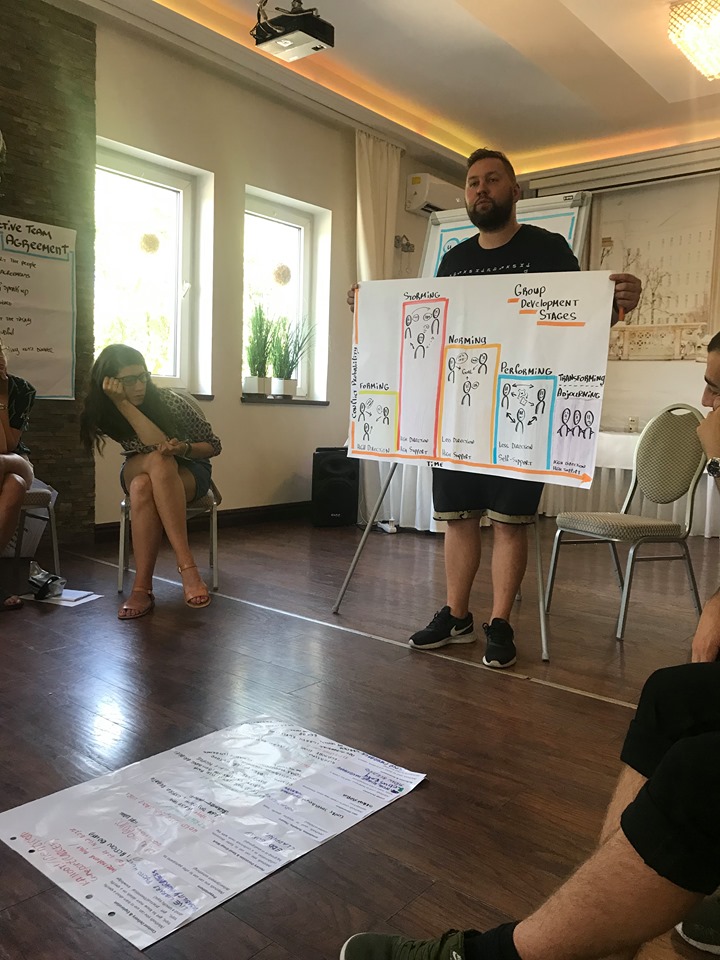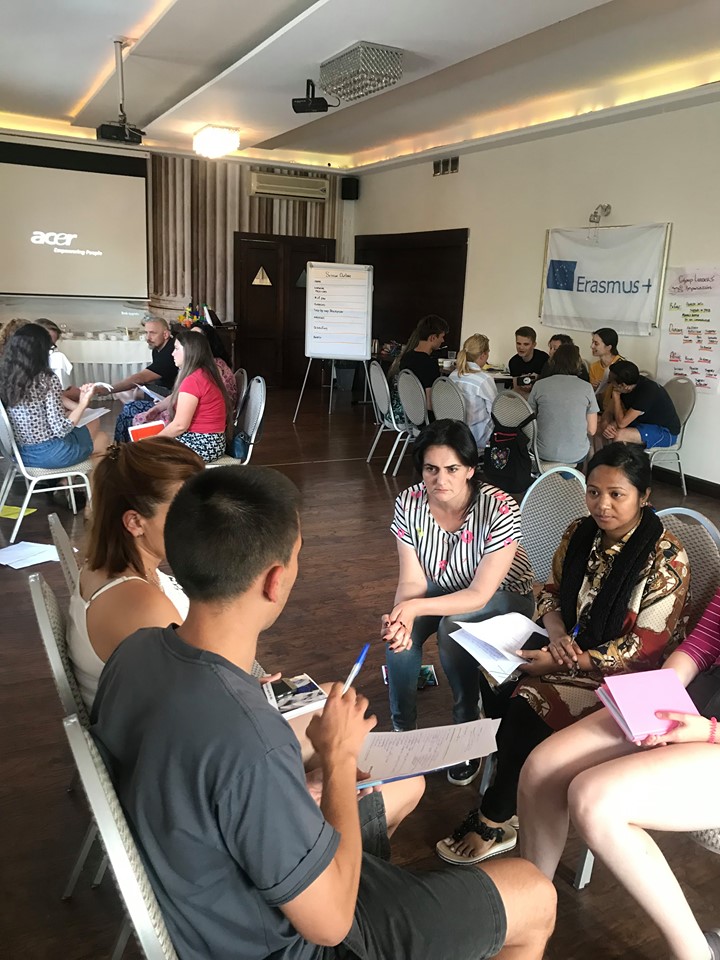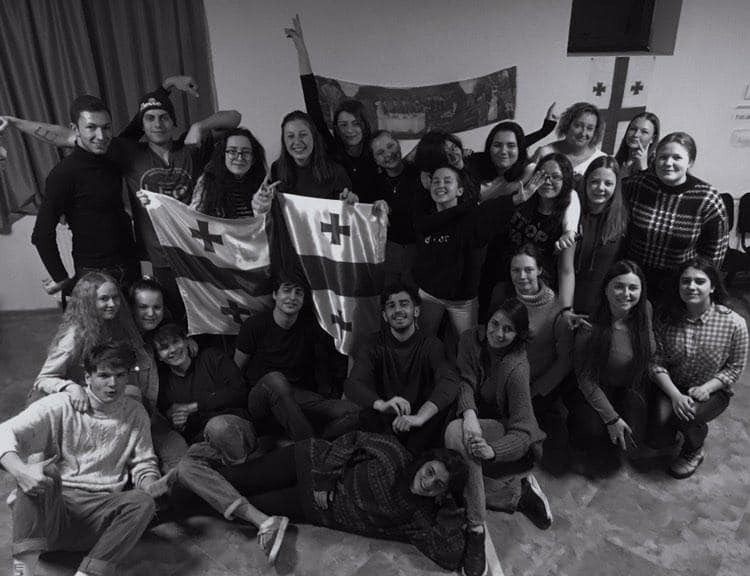“UPGRADE” inZebrzydowice **-Training Course in Poland **
The training course took place in Zebrzydowice, Poland from 26 of July until 2 of August and included 26 participants from Sweden, Estonia, Poland, Ukraine and Georgia. The main aim of the training course was to develop youth workers understanding and knowledge on various non-formal educational methods and on ways of using them.
The main objectives of the training course were:
- To develop the skill set of youth workers in the areas of planning and implementing non-formal learning activities;
- To exchange good practices in the area of planning and leading non-formal learning activities;
- To equip participants with tools and methods on non-formal learning methodology that can be used in their daily work with young people;
- To assist participants in how they can assess themselves as youth workers and create plans for further development;
- To empower participants to develop in the field of non-formal learning and to create/lead non-formal learning activities of young people
- To establish a participatory plan for local level activities that will increase the involvement of youth in youth center activities;

Highlighted topics of the week were: Youth participation, leadership,teambuilding, facilitation and non-formal educational methods in youth work
The first part of the training course was dedicated more on theory and input from the trainers’ side. Trainers presented Youth participation principles, different leadership styles and Bloom’s Taxonomy, which is used to classify educational learning objectives: Creating, Remembering, Understanding, Applying, Analyzing and Evaluating. Even more, participants were introduced with the Facilitation Toolbox, including non-formal learning methods in order to create an online collection of sessions for youth centres.

The second part of the training course allowed participants to test their skills by participating in Facilitarium, which divided participants in different groups based on their interest. Based on this following six groups were formed:
- Entrepreneurship
- Participation
- Human Rights
- Cooperation
- Critical Thinking
- Communication
Each group was working in small groups in order to deliver the workshop for other participants. Despite the fact that participants had different experience of working with youth and using non-formal educational methods, all the theoretical and practical activities ensured the space for participants for their self-assessment and mapping their professional developments.

Furthermore, last days were dedicated to create step by step plan for youth centre activities with the help of more experienced participants and they were given a space to work in leader teams discussing and planning the future activities-youth exchange practicalities, content aspects and setting an action plan for the time until the exchange takes place.

